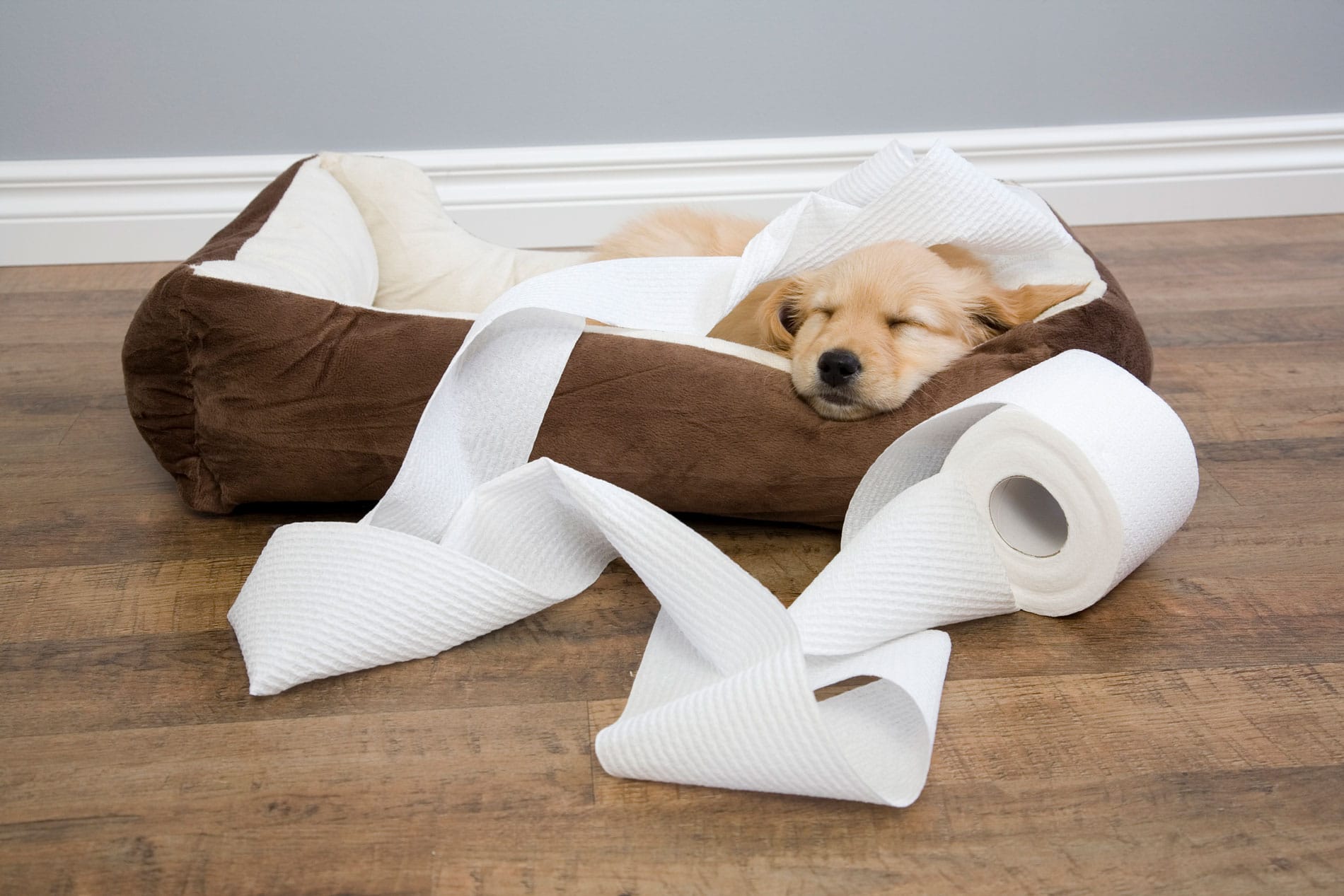There’s a common and persistent misconception that most toilet paper and tissue are safe, eco-friendly, and from managed forests.
We assume toilet paper must be entirely safe. After all, we use it for some pretty intimate tasks, how can it be anything but?
The reality, however, is far murkier. Most toilet paper is far from eco-friendly or sustainable. In fact, most toilet papers place an enormous strain on our quickly dwindling ecological resources and are potentially dangerous. A new body of research has indicated that poor-quality toilet papers may be linked to yeast infections like vulvovaginitis, an inflammation of the vulva.
However, you don’t need to give up on toilet paper altogether — you just need to look at other potential sources for it. In recent years, bamboo has risen as one of the safest and most sustainable materials for bamboo papers.
Bamboo toilet papers are a safe alternative to traditional chemically-treated toilet papers.
The potential health hazards and risks associated with toilet paper recently came up because of a peer-reviewed study entitled, “Chronic Vulvar Irritation: Could Toilet Paper be the Culprit?”
The study examined and attempted to trace the root cause of a 51-year-old woman’s history of vulvovaginitis, a condition that leads to debilitating vulvar inflammation with symptoms like itching, stinging, and a burning sensation. The study eventually traced the roots of her vulvar inflammation to bleached toilet paper.
In an effort to ensure that toilet paper is bright white, absorptive, and strong, it is treated with chemicals including formaldehyde. Expensive, absorbent, and thick toilet paper rolls are likely to have more formaldehyde than cheaper brands that come apart upon contact with water. This was a shocking health hazard that has started turning critical opinion on traditional toilet paper.
Formaldehyde doesn’t just cause inflammation and irritation, such as vulvovaginitis, but it’s also listed as a carcinogenic. In addition to formaldehyde, traditional toilet papers are also treated and bleached with other agents including chlorine and other undisclosed chemicals that can be harmful in ways we can’t imagine.
Bamboo toilet papers are an ideal alternative to traditional toilet paper because they don’t contain additional harmful chemicals. Bamboo doesn’t need additional chemicals to achieve the desired strength or softness, so there’s no need for chlorination or formaldehyde. Furthermore, bamboo toilet paper is naturally antimicrobial and doesn’t need to be bleached, so there’s no risk of inflammations or yeast infections. It is a completely natural and safe product.
Bamboo is also an ideal choice for its eco-friendliness. Bamboo reaches maturity within seven years and its species counts among it the fastest-growing plant on Earth, making it perfectly sustainable and capable of withstanding global toilet paper demands. Further, bamboo is easily decomposed by water without releasing toxins, so it doesn’t lead to soil erosion or contribute to global warming.
All things considered, bamboo toilet papers are an ideal replacement for traditional toilet papers—whether you’re concerned about your personal safety or that of the environment.When buying bamboo toilet paper, be careful to find a product free of harmful chemical additives.
Among the best brands of authentic bamboo toilet paper are Betterway, Silk’n Soft, and WholeRoll. All of these are unbleached and chlorine-free, ideal for sensitive skin. In addition to being safe and eco-friendly, they’re also soft and durable, resembling the softness and texture of some of the more expensive formaldehyde-laden toilet papers.
You don’t have to choose between luxury, safety, and ecology—you can have them all.


